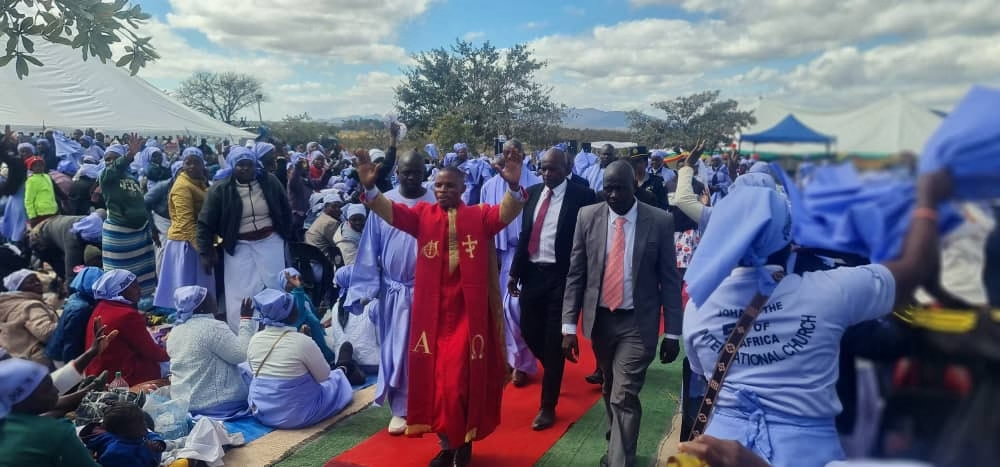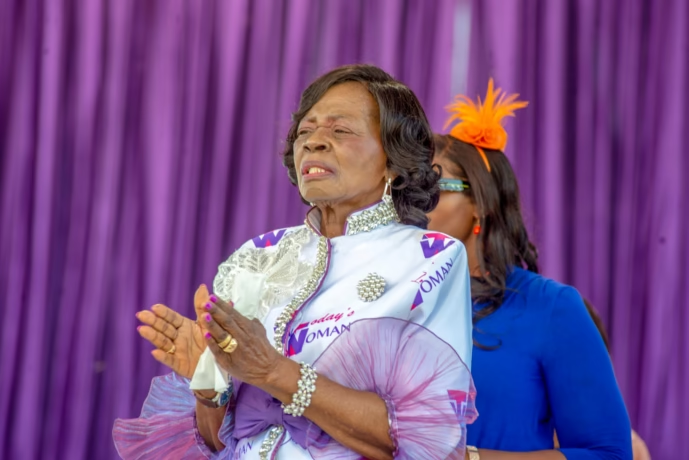
A new wave of development-focused collaboration is sweeping across Zimbabwe, as government continues to solidify its working relations with indigenous churches to accelerate community-led growth and uphold national cohesion.
This spirit of partnership took centre stage in Masvingo, where the Minister of State for Provincial Affairs and Devolution, Honourable Ezra Chadzamira, delivered a rallying call to members of the Johane the Fifth of Africa International Church at their provincial conference, urging faith-based organisations to become key players in the implementation of national economic programmes.
Hon. Chadzamira hailed churches as indispensable allies whose influence reaches deep into the social fabric of communities through their authority on values, unity, and moral behaviour.
“Government recognises the deep-rooted connection churches have with communities, which positions them strategically to help deliver development. Our President, Cde Emmerson Mnangagwa, has consistently said no one and no place should be left behind in the journey towards Vision 2030,” he said.
Highlighting flagship initiatives in agriculture, tourism, and mining currently being rolled out across provinces, the Minister stressed that national progress must be anchored by active grassroots participation. He also urged churches to support the national fight against drug and substance abuse, describing it as a destructive force threatening youths and national productivity.
“We need churches to keep praying, guiding, and educating communities so that we win this fight together,” added Hon. Chadzamira.
Archbishop Andby Makururu, leader of the Johane the Fifth of Africa International Church, applauded the government’s inclusive approach, underscoring that the church is not only a centre for spiritual nourishment, but a vital empowerment engine.
“We are humbled that government continues to recognise the role played by churches. Our support towards women and youth empowerment, especially in agriculture and income-generating projects, is a deliberate move to ensure our members are self-reliant,” said Archbishop Makururu.
Indigenous churches in Zimbabwe, with their strong followings, are increasingly redefining themselves as hubs of socio-economic empowerment, offering training workshops, cooperative farming opportunities, skills development, mobile health outreach, and anti-drug awareness campaigns.
Analysts believe strengthening collaboration between the State and faith-based organisations could unlock powerful community systems capable of sustaining peace, boosting productivity, and driving mindset change, which are all critical ingredients of the Second Republic’s “Nyika inovakwa nevene vayo” philosophy.
With religious institutions embedded in even the most remote corners of the country, government is banking on this church-government synergy to ignite transformative development from the bottom up, signalling that Zimbabwe’s quest for Vision 2030 is just as spiritual as it is economic.




